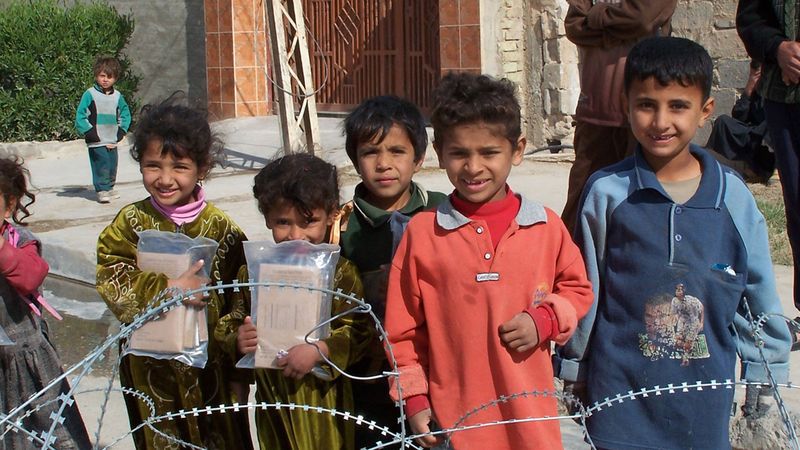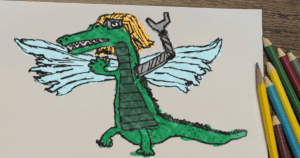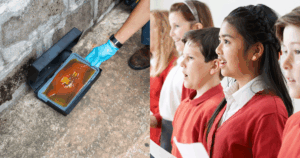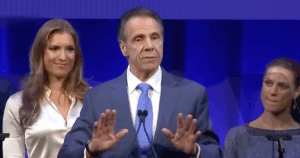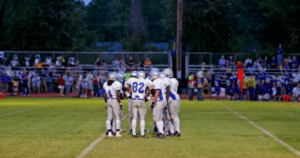Reading about the violence in Iraq is so desensitizing. Sometimes it’s all we can do to distance ourselves from it, and say, “These people are different, so their pain doesn’t matter.” But how can we think this way about Iraqi children when they’re so much like our own kids: seemingly harmless, but not nearly as innocent as they seem?
The truth is, children in Iraq resemble ours in more ways than we’re comfortable acknowledging. The children growing up in cities like Baghdad and Mosul also run around parks and play games and attend school. They’re also breaking the law, having sex, doing drugs, and disrupting the general good just as much as American youth, and all on the sly, behind our backs!
Regardless of where these kids grew up or went to school, they’re still kids, and they’re still constantly up to something. It’s important to remember that they’re no good, these scheming kids, and that goes the same for Abdul and Na’imah as it does for Aiden and Natalie.
The truth is, we could put our children in a room with Iraqi children and they’d immediately find something in common. God only knows what havoc the little cretins would raise.
No matter where in the world these children come from—America, Iraq, Prague, or China—we need to look beyond the surface differences and see these kids for what they really are: unprincipled little monsters.
Still, it’s a natural impulse to dismiss these children as “others,” even though, in truth, they’re really no different than our own kids. We want to think of American children as “just kids,” but the reality is much, much more sinister than that. The truth is, we could put our children in a room with Iraqi children and they’d immediately find something in common. God only knows what havoc the little cretins would raise.
Think about that the next time you ask your 12-year-old about marijuana and he gives you a blank stare. It’s a ruse, just as fake as the ones Iraqi kids give their parents.
Just as children everywhere do.

